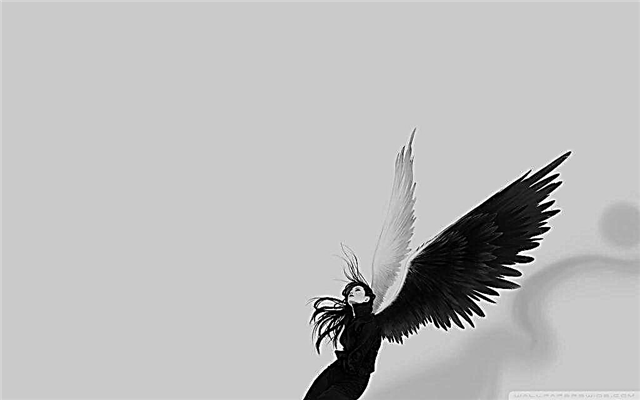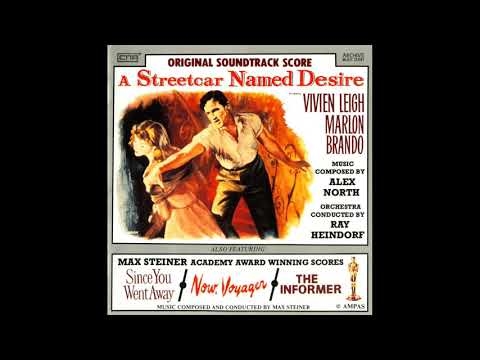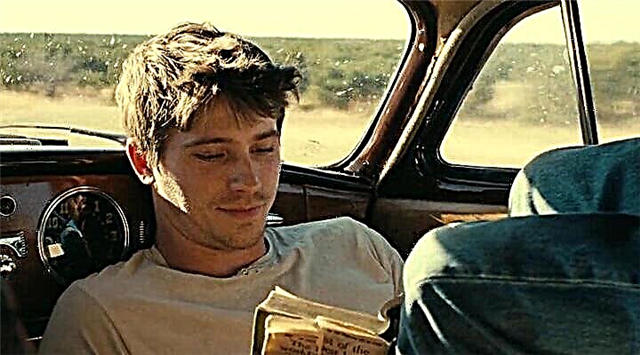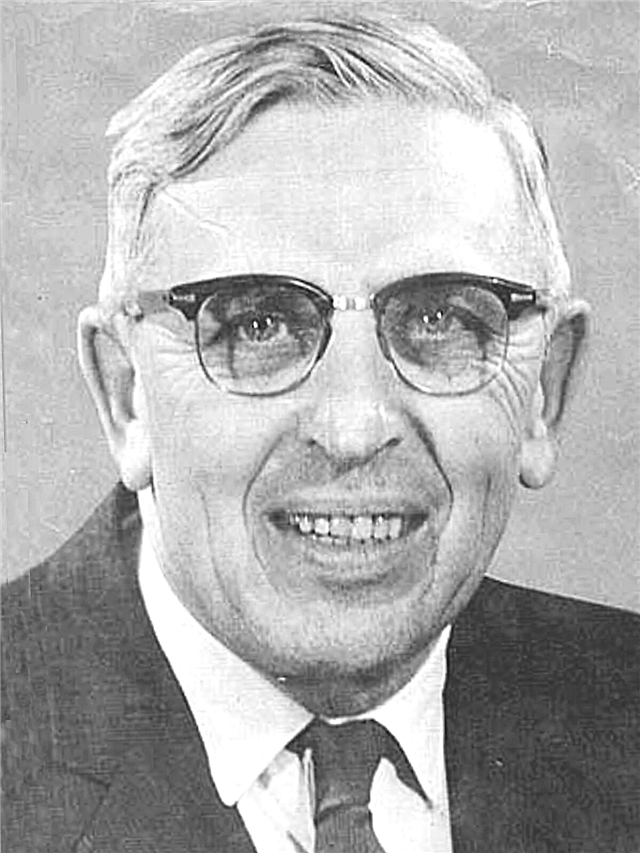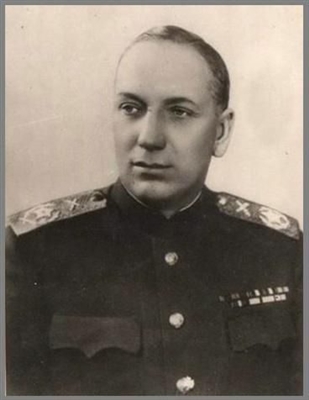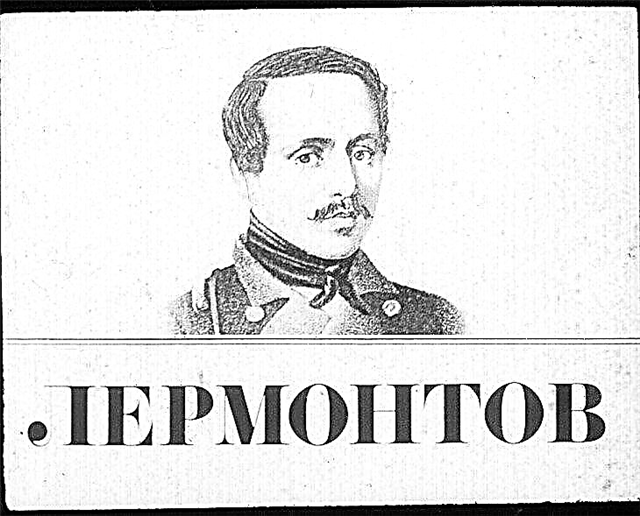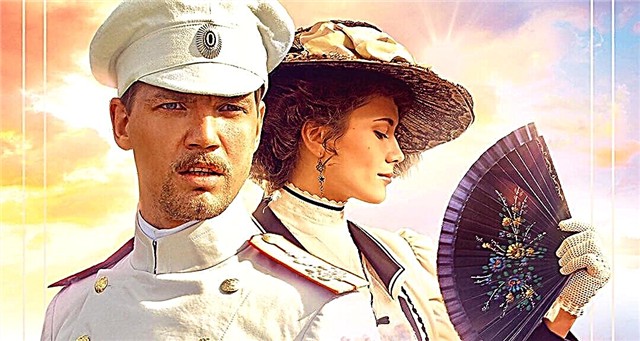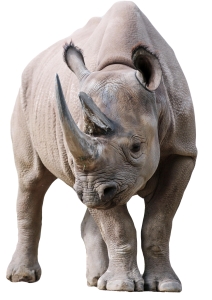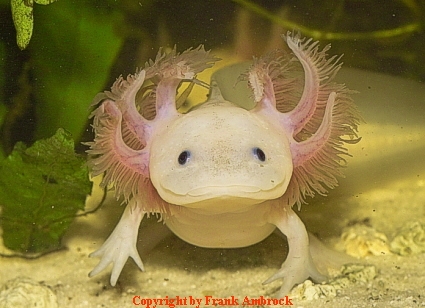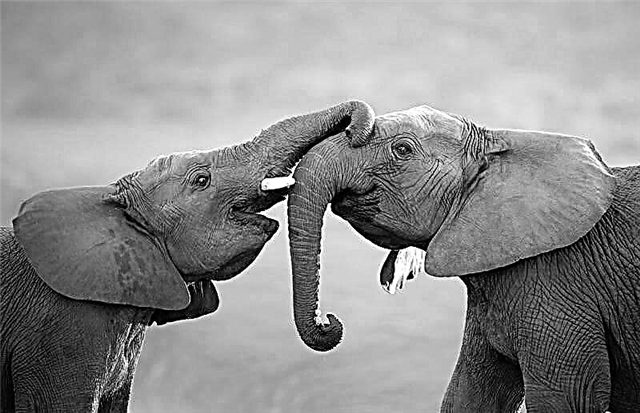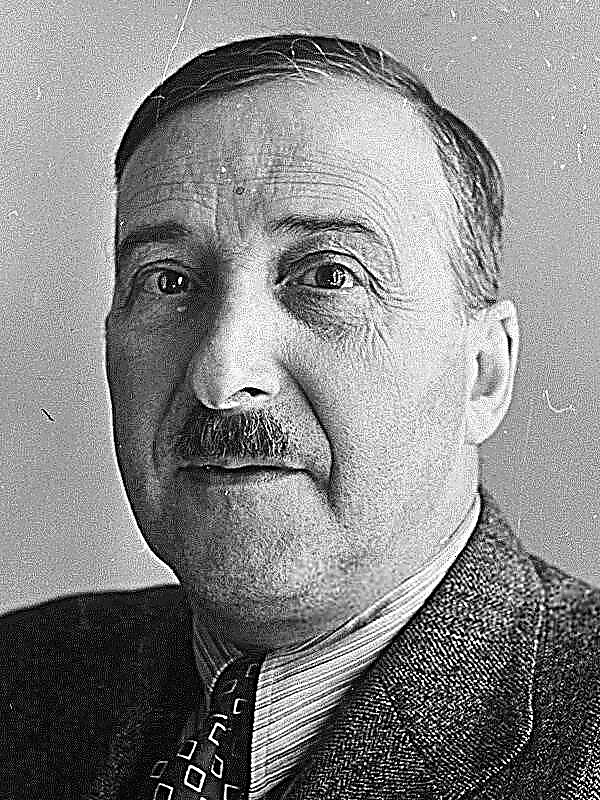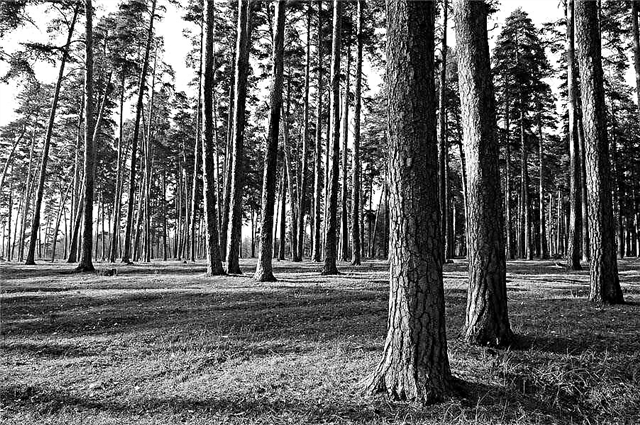(358 words) Plyushkin is the last landowner whose estate is visited by Chichikov. This hero occupies an important place in the character system. According to the author, he has already lost the human qualities of character, completely degraded. Plyushkin is a dead soul. However, it is no coincidence that his background is presented to us. The hero, who used to be a hardworking landowner with a prosperous economy, still has a chance of revival. In the estate of Plyushkin, as in the portrait characteristic, the “dead” and the “living” are combined (“the eyes have not gone out yet”).
At first glance at the estate, you can see everywhere a mess, dirt, the imprint of death. The houses of the peasants are in unsuitable condition, the farm is abandoned. Everything is fragile, decrepit. Details of the internal situation also indicate universal withering away. Life has not penetrated this house for a long time: almost all the windows were boarded up (only two windows remained), so that almost no daylight entered, it was cold in the rooms. Plyushkin was distinguished by his stinginess, excessive frugality. So, in the middle of the room he was collecting unnecessary garbage that could lie here for years. Plyushkin put here all the necessary things, in his opinion.
On all objects in his house was an imprint of decay. On the table lies a well-worn cap, two feathers that were stained with ink, a toothpick, "completely yellowed." At first glance at the room it is difficult to imagine that someone lives here. Everything is in unsuitable condition. The furniture was arranged in a chaotic manner, as if someone was washing floors, there was dirt everywhere, and garbage was accumulating. The landowner does not even throw out broken objects: on the table lay a long-stopped clock, on which there was already a cobweb, a broken chair. Yellowed and blackened paintings hung on the walls, which also reflected rottenness, withering away. The chandelier, covered with a layer of dust, already looked like a cocoon with a worm. So, every detail of the internal situation reflected neglect, lifelessness.
However, despite the universal withering away, a "living corner" remained in the estate. Only the garden, located behind the house of Plyushkin, reminded that once everything flourished here, had a completely different look. According to the author, Plyushkin can still be reborn, start all over again.
Thus, the estate of Plyushkin reflects his inner world. Everything is abandoned, bears the imprint of destruction. Dust has accumulated on objects for years, dilapidated, dilapidated houses are standing. The farm has long been launched, no one is engaged in it, However, both in the portrait of Plyushkin and in the estate, there is still a piece of living that reminded of a former life. That is why it can be assumed that both the hero and his estate still have a chance for transformation, for rebirth.

